The top 10 emerging technologies will significantly influence the future landscape of research council funding, its initiatives, collaborative opportunities and formation of consortiums on global level.
Although service and product based economy is on the rise in the South and South East Asian countries, core Engineering and Technological disciplines have conventional and strategic importance in terms of education and research mainly due to higher employability both in academic and industrial sectors. The number of UG/PG students is usually high with highest tariff points in medicine and engineering.
Key BU partners such as PES University (MoU has been signed, joint Journal and Conference publications, funding proposals have been developed, mutual visits), National University of Science & Technology (match funded PhD studentships), National Institute of Technology (joint publications and organising international conference) and Ghulam Ishaq Khan Institute of Engineering Sciences & Technology (MoU has been signed, mutual research visits, and education activity through British Council funding) are some, which are a window, to their research and education activity.
SDRC has been leading research and research informed education in collaboration with national and international higher education and industrial partners in major themes of the top 10 emerging technologies.
Microelectromechanical Systems (MEMs):
Research in this area is conducted through a PhD programme entitled “In-situ corrosion health monitoring and prediction in military vehicles” in collaboration with a major industrial partner.
Nanomaterials:
This research is performed through two PhD programmes entitled “Developing thin film nano-composite coatings for advanced applications” and “Electroplated composite coatings with incorporated nano particles for tribological systems with the focus on water lubrication”. Both these programmes are in collaboration with international HEI and industrial partners.
Advanced Energy Storage And Generation:
Research in this area is supported by industrial and HEI partners through “Energy recovery at thermodynamic expansion and thermal boosting through convection in flat plate solar thermal systems”, “Experimental investigation and mathematical modelling of dynamic equilibrium of novel thermo fluids for renewable technology applications” and “Research and development in novel alternative renewable energy technology”.
BU is best placed in terms of the above themes that provide a strong foundation to further enhance international collaborations for research and education.
If you would like further information or have interest in any of the above areas please contact Dr Zulfiqar Khan.
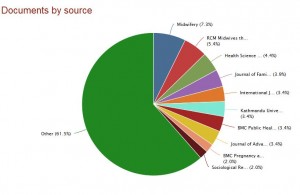
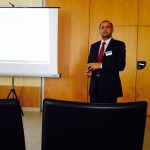
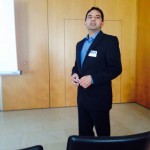
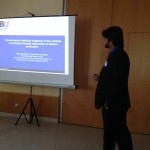
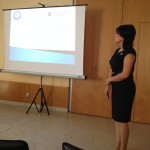
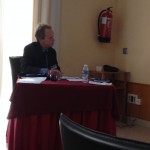
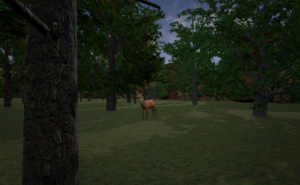


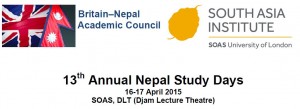
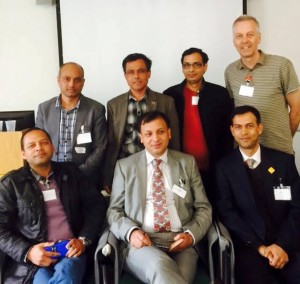
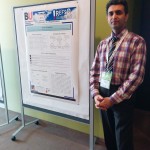
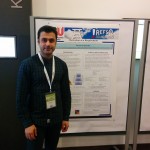
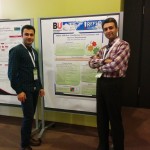
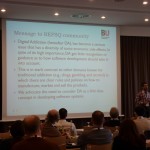















 Dr. Ashraf cited on ‘Modest Fashion’ in The Guardian
Dr. Ashraf cited on ‘Modest Fashion’ in The Guardian NIHR-funded research launches website
NIHR-funded research launches website Academics write for newspaper in Nepal
Academics write for newspaper in Nepal MSCA Postdoctoral Fellowships 2025 Call
MSCA Postdoctoral Fellowships 2025 Call ERC Advanced Grant 2025 Webinar
ERC Advanced Grant 2025 Webinar Horizon Europe Work Programme 2025 Published
Horizon Europe Work Programme 2025 Published Horizon Europe 2025 Work Programme pre-Published
Horizon Europe 2025 Work Programme pre-Published Update on UKRO services
Update on UKRO services European research project exploring use of ‘virtual twins’ to better manage metabolic associated fatty liver disease
European research project exploring use of ‘virtual twins’ to better manage metabolic associated fatty liver disease